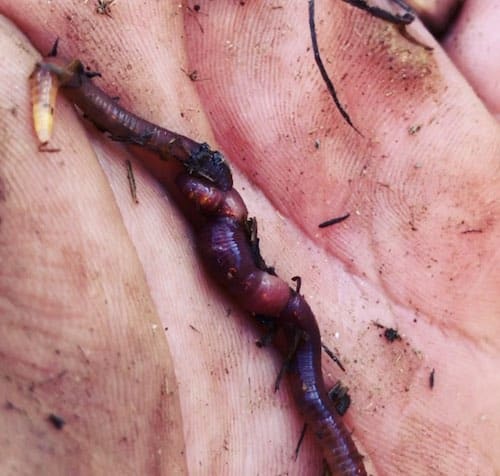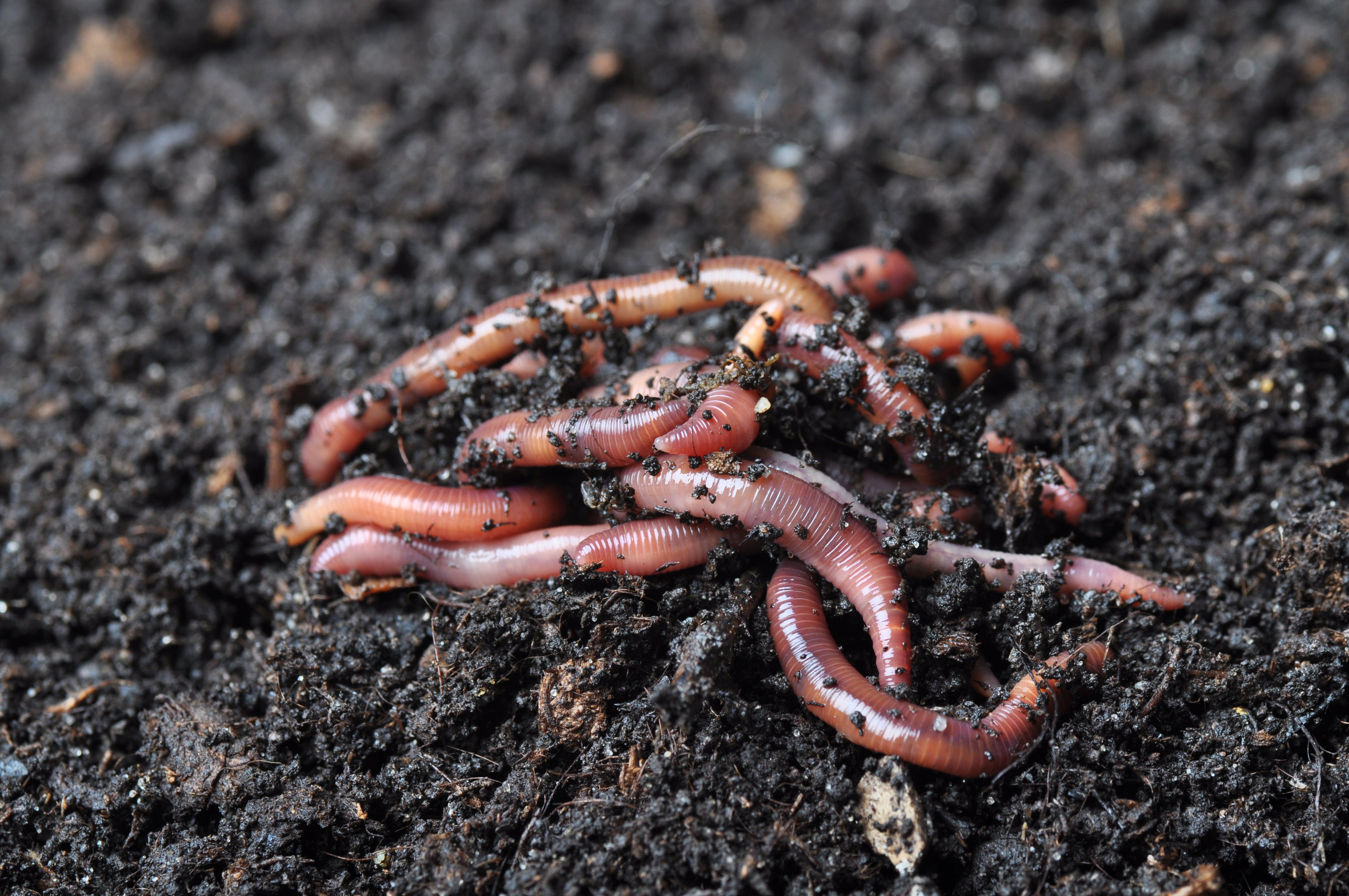Just How Red Wigglers Can Transform Your Composting Experience
The combination of red wigglers into composting practices offers a transformative approach to lose administration and dirt enrichment. These microorganisms not just speed up the disintegration procedure but additionally generate nutrient-dense vermicompost that improves dirt health and wellness and fertility. Their flexibility to various settings makes them a suitable alternative for both amateur and experienced composters alike. Nevertheless, understanding the particular requirements and benefits connected with maintaining a flourishing worm populace is critical for maximizing their capacity. What techniques can one use to make certain a successful vermicomposting experience?
Advantages of Red Wigglers
Red wigglers, clinically called Eisenia fetida, are a cornerstone of effective composting systems because of their impressive ability to decay raw material efficiently. These worms master changing kitchen area scraps, backyard waste, and various other organic products into nutrient-rich garden compost, commonly referred to as worm spreadings. Lake Hickory Bait. This procedure not only decreases land fill waste yet also adds to sustainable gardening techniques
One of the primary benefits of red wigglers is their high recreation rate, enabling them to occupy a composting environment promptly. This fast reproduction enhances decomposition prices, causing faster compost production. Furthermore, red wigglers thrive in a diverse series of conditions, making them versatile to various composting arrangements.

Establishing Your Worm Bin
Ensure that the container has water drainage holes to protect against water accumulation, which can lead to anaerobic conditions damaging to the worms. In addition, integrating air flow holes will aid keep proper humidity levels and oxygen circulation.
Following, it is important to provide bedding for the worms, which can include shredded newspaper, cardboard, or coconut coir. This bed linen not just supplies an environment for the worms yet additionally help in moisture retention.
Placement the worm bin in a place that preserves a temperature variety of 55-77 ° F(13-25 ° C) to enhance worm task. Prevent positioning the container in direct sunlight or severe temperature levels. By following these guidelines, you can create a helpful setting for red wigglers, enhancing the performance of your composting procedure.
What to Feed Your Worms

To keep optimal problems, it's suggested to cut larger scraps into smaller sized items, assisting in quicker decomposition. Beginning by presenting little amounts of food and monitor the worms' intake price; adjust appropriately to avoid overfeeding, which can create an unhealthy atmosphere. Supplying a consistent feeding routine will aid keep your worm populace thriving while improving the total effectiveness of your composting initiatives. By understanding what to feed your worms, you lay the groundwork for a successful and lasting composting experience.
Keeping a Healthy And Balanced Environment
Developing a prospering composting setting for red wigglers needs attention to their habitat, as it directly influences their health and wellness and efficiency. The optimal habitat must keep a balanced wetness degree, typically in between 60-70%. Too much dampness can lead to anaerobic conditions, while inadequate dampness might dry out the worms.

The bedding material in the garden compost need to vary and shredded, incorporating products like cardboard, paper, and coconut coir. This not only gives a comfy atmosphere however additionally functions as a food source. Lake Hickory Bait. Regularly examining for odors or signs of bugs can aid determine possible issues prior to they escalate
Lastly, maintaining a balanced pH level, ideally in between 6 and 7, ensures a helpful habitat for red wigglers, promoting their capability to process raw material effectively. By dealing with these elements, you can create a sustainable and productive composting community.
Harvesting and Utilizing Compost
Collecting garden compost from a worm bin is a gratifying process that transforms natural waste into nutrient-rich product for yards and plants. When the composting cycle is complete, typically after 8-12 weeks, it's time to collect the vermicompost. The initial step entails separating the red wigglers from the ended up garden compost. This can be done using methods such as the "light" technique, where worms are attracted to light and can be scooped far from the top layers, or by moving the compost to one side of the container and including fresh bed linens to the opposite, urging the worms to move.
When the worms are removed, the staying garden compost can be sifted to remove any type of bigger particles or undecomposed product. This rich compost can be applied straight to yard beds, mixed right into potting dirt, or utilized as a top clothing for potted plants.
Final Thought
Integrating red wigglers right into composting techniques significantly boosts the decomposition procedure and contributes to the manufacturing of nutrient-rich vermicompost. Their flexibility to numerous atmospheres and high reproduction rates make sure a lasting populace, which properly damages down raw material. The resulting worm castings boost dirt framework, fertility, and microbial activity, eventually advertising healthier plant growth. As a result, the assimilation of red wigglers right into composting not just maximizes waste monitoring yet also improves yard communities.
Comments on “Enhance Your Lawn’s Health and Beauty with Red Wiggler Express Lawn Care Solutions”